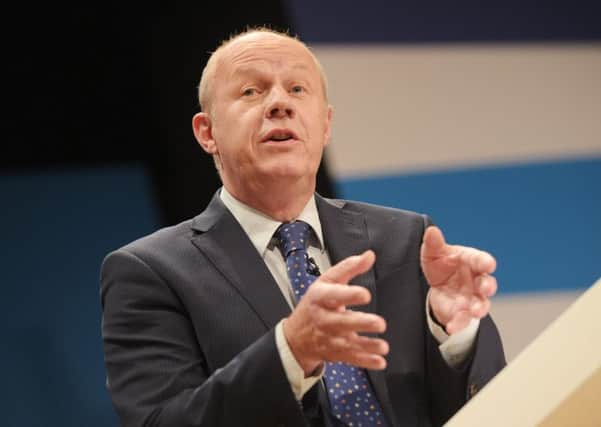Business bosses told '˜assume nothing' over EU custom union


Work and Pensions Secretary Damian Green issued the caution as the fall-out from the Nissan investment deal continued to put the Government’s plans for the tough “divorce deal” negotiations with Brussels under intense scrutiny.
The comments came after Business Secretary Greg Clark insisted a key objective in the negotiations will be to secure continued tariff-free access to the EU market for British manufacturers.
Advertisement
Hide AdAdvertisement
Hide AdWith experts stating this would imply the UK remaining in the EU customs union, and therefore unable to cut international trade deals of its own, critics accused the Government of creating confusion for business.
Pressed on whether the UK would remain in the customs union, Mr Green told BBC Radio 4’s Today programme: “Assume nothing at the moment because, I think, a lot of this discussion tends to be fairly simple, fairly black and white.”
Mr Green said Nissan had decided to boost UK production because the Government convinced it the country will remain competitive after Brexit.
“We are able to tell Nissan our stance towards both the renegotiations and, perhaps, even more importantly, our stance towards making Britain a great place to do business for the years ahead, in a way that clearly satisfied them, that they want to continue to be the biggest car maker in this country.
“They know the negotiation we are going to have with the EU will leave Britain open for business, will leave us competitive,” he said.
At the weekend, Mr Clark refused to be drawn on whether the Government was seeking to remain part of the EU customs union or on the implications for its commitment to end free movement of labour with the EU, saying it had yet to fully “crystallise” its negotiating position.